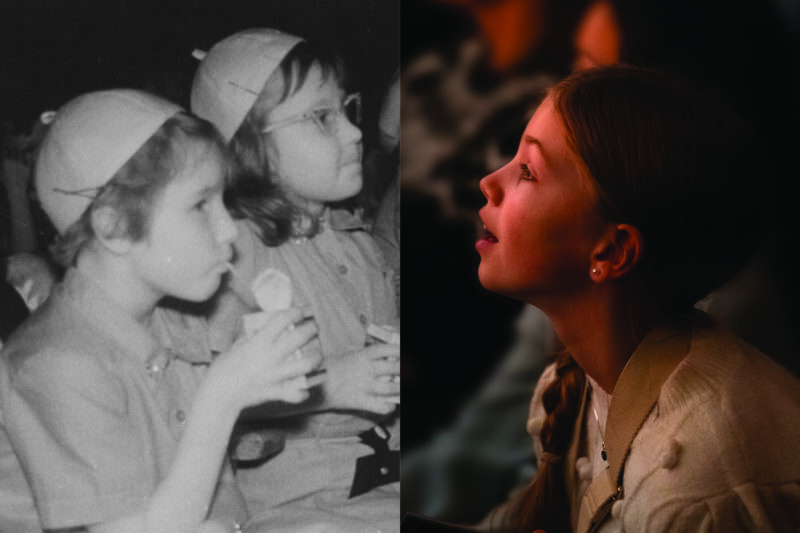Ashland Avenue is on stage through October 12.
Ashland Avenue is a Chicago story—about a local business, a stubborn heart and the quiet moments when a family begins to change.
This play lives in that deeply human space between holding on and letting go. It asks: How do we care for the people who raised us, even when they won’t let us? What do we owe to our dreams, our parents, our past?
Set in a family-run television shop that’s been serving its neighbors for decades, Ashland Avenue is about more than a business fading from relevance—it’s about aging, identity and what survives in the space between generations.
We chose this play because it reflects so many of the tensions we live with today: honoring legacy while building something new, staying rooted while still growing. It’s intimate, familiar and quietly epic.
“Last December, after a New Stages reading of Ashland Avenue, there was a line of people waiting to talk—to me, to the Playwright Lee Kirk, to anyone associated with the play. They wanted to tell us, these total strangers, about kids who’d moved away, about family businesses that were no more, about aspirations they hadn’t been ready to share… and yet here they were, sharing them,” recalls Walter Artistic Director Susan V. Booth, who directs this world-premiere production. “When a play can do that, you’ve moved into the realm of service—into theater that causes something to happen in its audience. That opens doors they thought they needed to barricade, but in fact, needed to open. We get a little more human in that space, and Lord knows we could all use that right now.”
In a season rooted in connection, this play meets audiences right where they live—on their own Ashland Avenues, in a changing city, at a turning point. It’s deeply local and profoundly human. It’s the kind of story that reminds us why we gather in a theater in the first place—to laugh, to ache and to feel less alone.
This is why it belongs in our Centennial Season.




